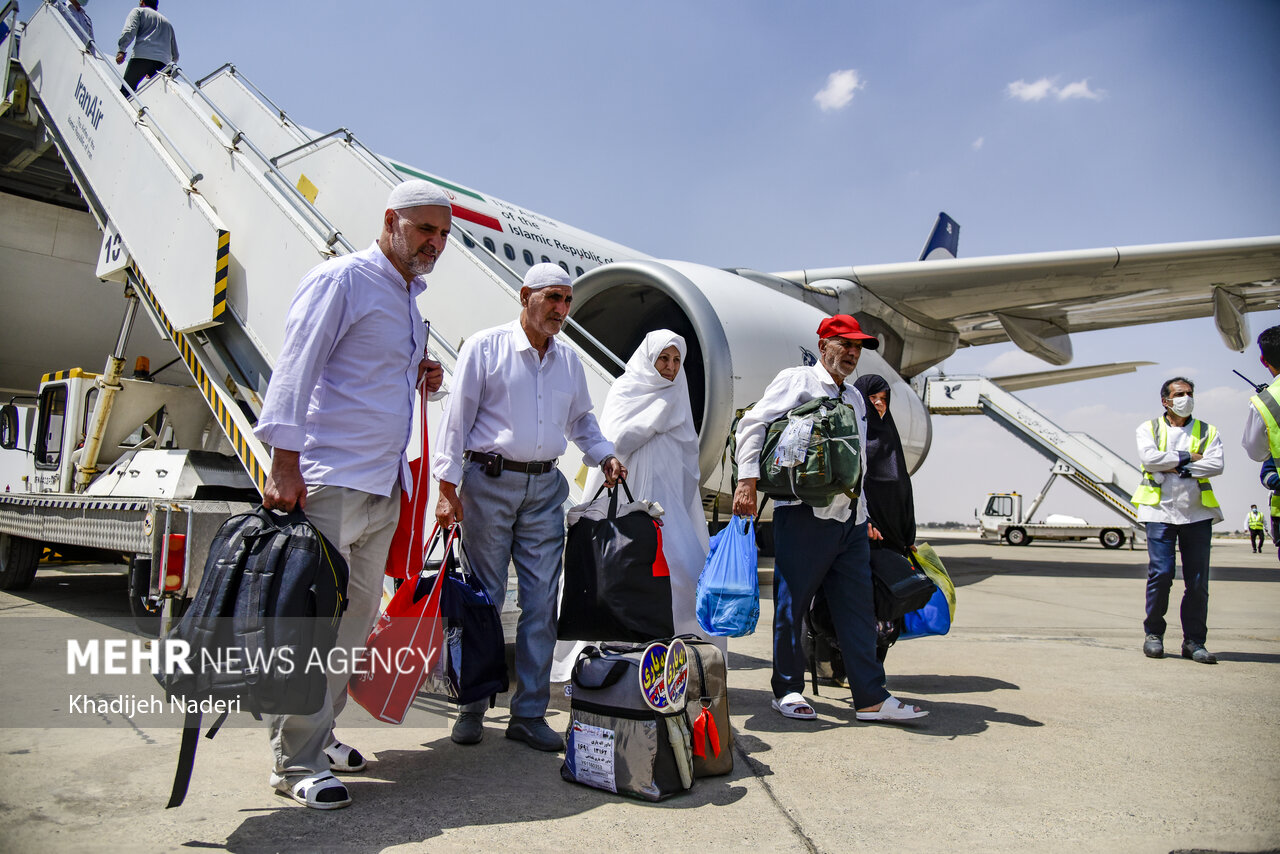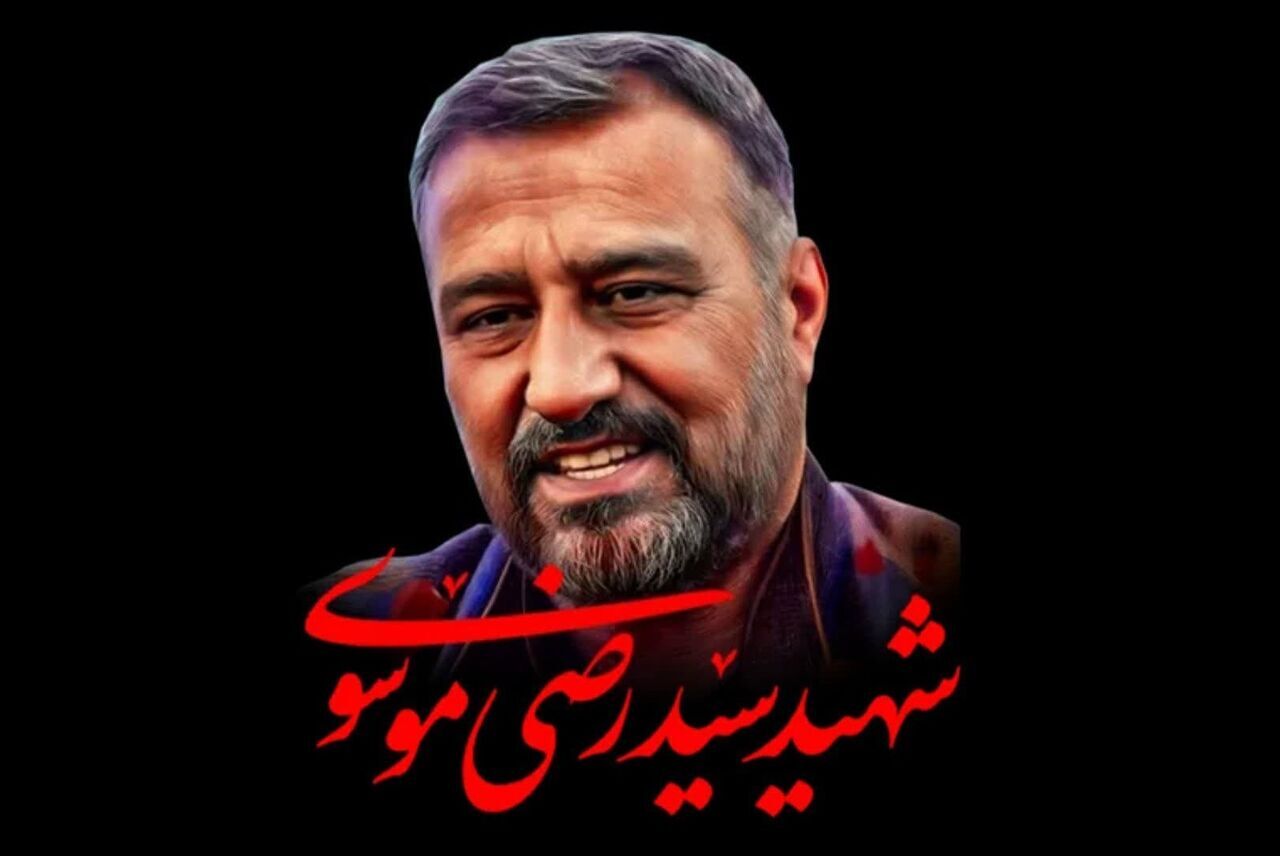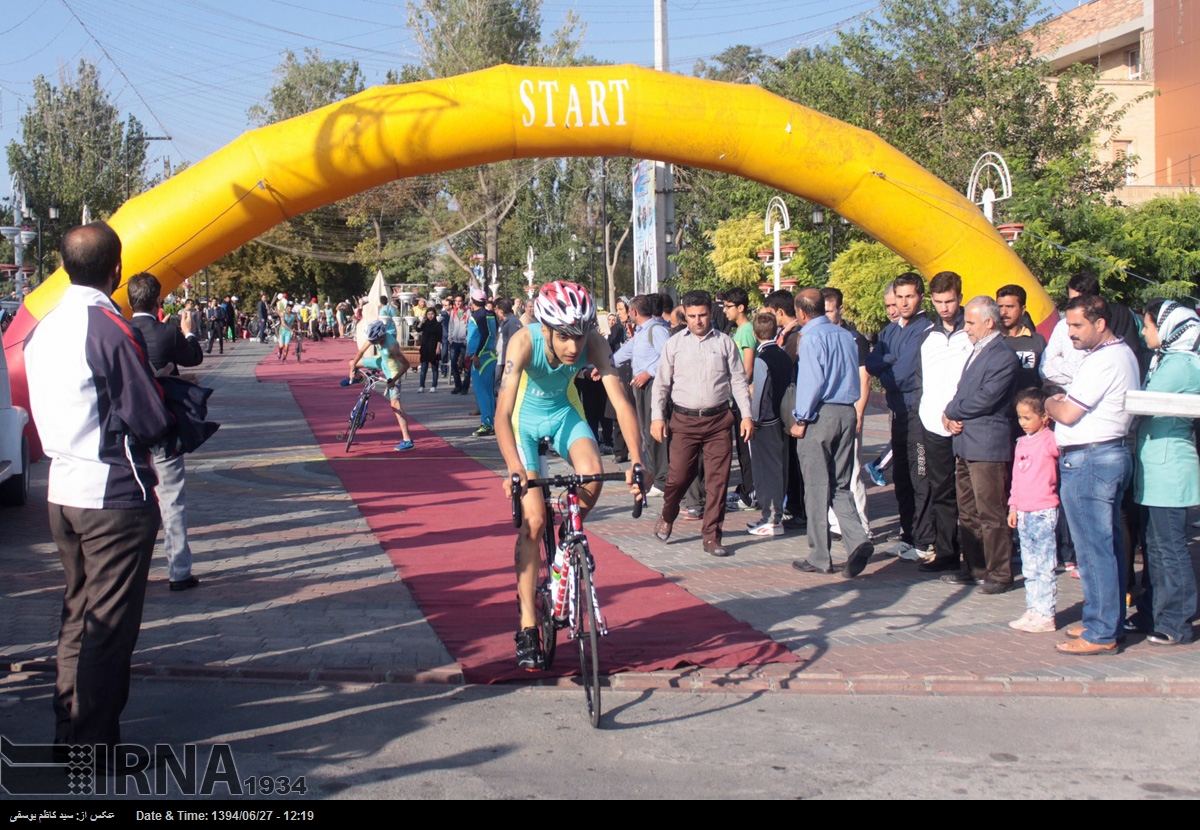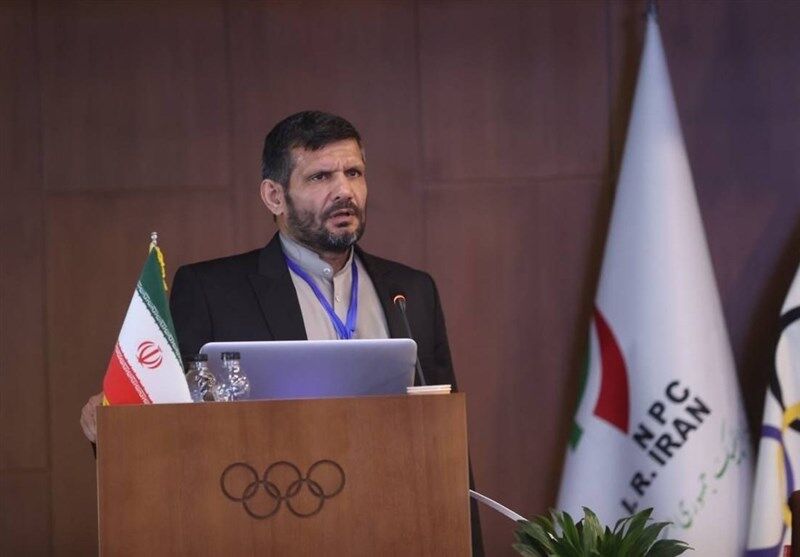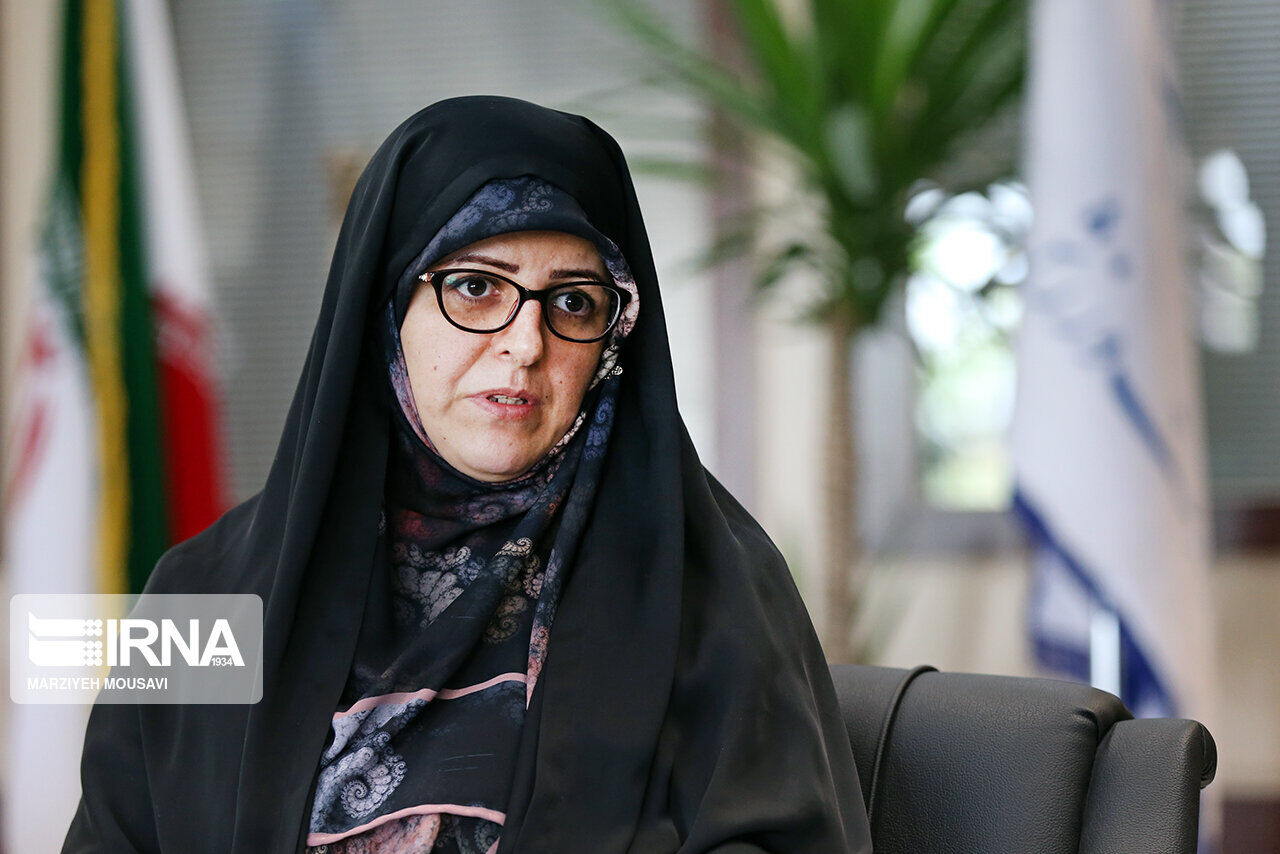Why are Israeli settlers destroying the Palestinian olive harvest?
Why are Israeli settlers destroying the Palestinian olive harvest?

The olive harvest has begun in the occupied West Bank - but with it have come frequent, persistent attacks by Israeli settlers on Palestinians and their trees.
During the first half of 2025, the UN Rights Office recorded 757 assaults by settlers that resulted in injury or damage to property. Palestinians have been targeted, olive groves destroyed, and crops ruined, drawing criticism from UN human rights chiefs and condemnation globally.
And in Gaza, which once had its own olive industry, almost all agricultural land has been destroyed by Israel’s two-year campaign, in which more than 68,000 Palestinians have been killed.
Why is olive farming significant to Palestinians?
The cultivation of olives, Palestine’s most widely harvested crop, dates back thousands of years to the ancient civilisations of the Mediterranean Basin. The ancient Greeks, for example, regarded the olive branch as a symbol of peace.
Over the centuries, the olive has been used in Palestine for food, cosmetics, soap, medicine, and fuel, while the wood of olive trees has been used for construction.
Production increased markedly during the four centuries of Ottoman rule in Palestine that lasted until 1917, establishing the olive trade as an essential export.
Today, around half of all agricultural land in the occupied Palestinian territories is used for olive cultivation.
As Palestine’s most valuable crop per kilo, seasonal olive exports inject almost $200m into the Palestinian economy during a good year, according to a report from the Palestinian Trade Centre.
Around 100,000 families in the West Bank, which Israel occupies, depend on income from the olive harvest, according to UN figures, including around 15 percent of working women.
Beyond being a centuries-old form of agriculture, the significance of olive cultivation for Palestinians goes deeper.
Mohammed Abu al-Rabb, an olive farmer from Jablun village near Jenin, told Middle East Eye that farmers feel a spiritual bond between themselves and the tree.
“It’s not just a tree, it’s our ancestors’ legacy, and their will is for us to protect it.”
The olive tree is often used to symbolise sumud, the Palestinian concept of everyday resilience and perseverance that lent its name to the recent Gaza-bound aid flotilla.
What’s happening to olive farmers in the West Bank?
Palestinian agriculture, including olive groves, has long been attacked by Zionist settler groups since the British mandate that predated the founding of Israel.
There are now an estimated 700,000 Israeli settlers living in 150 settlements and 200 outposts in the West Bank. Both types of settlement are illegal under international law, with unauthorised outposts forbidden under Israeli law but routinely granted impunity by Israeli authorities.
In the years before the Hamas-led attacks on 7 October 2023, violence against Palestinian olive farmers increased as tensions grew in the West Bank.
In 2020, for instance, almost 40 percent of Palestinian olive farmers reported they had had their crops stolen or damaged by Israeli settlers in the previous year. Others faced harassment and violence during the harvest season.
Many attacks occurred with little pushback from the Israeli military, which controls security in the occupied West Bank.
The Hamas-led attack on 7 October occurred just as the Palestinian olive harvest for 2023 was starting. In the West Bank, violence spiked, amid widespread reports of crop arson and physical assaults on Palestinian farmers.
On at least 38 occasions, eyewitnesses reported that the Israeli military aided the attackers, according to the United Nations Office for the Coordination of Humanitarian Affairs (Ocha).
In other instances, the Israeli military has uprooted Palestinian olive trees. In August 2o25, the Israeli military destroyed 10,000 olive trees during a three-day siege of the West Bank Palestinian village of Al Mughayyir after reports that an Israeli settler had been attacked nearby. Some of the trees were more than a century old.
According to Haaretz, Israeli Military Major General Avi Bluth said that uprooting the trees was intended to deter anyone who “tried to raise a hand” against settlers.
“Every village should know that if they commit an attack, they will pay a heavy price," he said.
Israel also increased travel restrictions imposed on Palestinians in the West Bank after 7 October, often giving Palestinians just days to work on land that takes weeks to harvest.
As a result, around 20 percent of olive crops across the West Bank went unharvested that year due to a lack of access. Palestinian farmers lost an estimated $10m, according to the Office of the High Commissioner for Human Rights (OCHCR).
In 2024, settler attacks increased, with nearly 200 instances recorded – more than double the previous year’s total, according to Ocha.
These included the murder of Hanan Abu Salami, a 59-year old Palestinian woman who was shot dead by Israeli soldiers while attending her family’s olive grove outside Jenin on 17 October 2024.
An inquest by the UN Rights Council verified that Abu Salami posed no threat to Israeli forces and was shot without warning.
Why are Israeli settlers attacking olive trees?
The attacks by settlers and the Israeli military on olive trees are part of a wider assault on Palestinian life in the occupied West Bank.
The intention is to deprive Palestinians of income and drive communities from the land through intimidation.
Other assaults on agriculture include filling in wells to cut water supplies, slaughtering livestock, and vandalising or demolishing rural homes.
Under Prime Minister Benjamin Netanyahu’s ruling Likud coalition, the Israeli right has expanded its settlement plans, including its public intention to annex the West Bank, for which it passed a preliminary bill earlier this month.
The Israeli government has also turned a blind eye to outposts deemed illegal under Israeli law.
What about olive trees in Gaza?
Israel’s two-year campaign in Gaza has devastated its 1.1m olive trees.
An assessment in August by the UN Food and Agriculture Organisation (FAO) found that 98.5 percent of agricultural land had been damaged or left inaccessible by Israeli bombing.
That same month, the UN-backed global hunger monitor, the IPC, declared that over half a million people in Gaza were facing famine.
Most of Gaza’s surviving olive trees have not been irrigated or fertilised since the beginning of the war. The FAO estimates that 86 percent of Gaza’s agricultural wells had been destroyed by July 2025.
The impact on Gaza’s damaged soil will be long-lasting. Human rights NGO Al Mezan has accused Israel of committing “ecocide” in the enclave, and said in its October 2024 report that there is a “risk of Gaza becoming entirely uninhabitable.
“Toxic substances could gradually seep into the soil, forming a harmful mix of soluble organic matter, inorganic elements, heavy metals, and foreign organic compounds.
“This contamination would affect the soil, agricultural lands, and groundwater, with the toxins eventually entering the food chain and posing serious health risks to humans.”
Much of the infrastructure related to olive cultivation in Gaza, including olive presses, has also been destroyed.
Exports of olive products have been severely restricted by Israel since the imposition of a blockade on Gaza over the decades, and stopped entirely amid the destruction of the last two years.
For Palestinians in Gaza, 2025 marks the third olive harvest missed, with many resorting to using dying olive trees as firewood amid months-long fuel shortages.
What has been the international reaction?
UN bodies and international human rights organisations have warned of the growing threat to Palestinian olive farmers.
In May 2025, Amnesty International criticised Israel’s razing of the town of Khuza’a in Gaza’s Khan Younis governorate, including its agricultural land.
“The destruction of some of Gaza’s most fertile agricultural land, including land essential to the production of food, must be seen in the context of Israel’s use of starvation as a method of warfare,” Amnesty said.
'Settler violence has skyrocketed in scale and frequency, with the acquiescence, support, and in many cases participation, of Israeli security forces'
- Ajith Sunghay, head of UN Human Rights Office, Palestine
“Coupled with mass displacement and systematic destruction or denial of access to sources of food production, Israel has engineered an unprecedented humanitarian catastrophe, which is part and parcel of the genocidal conditions of life it has imposed in Gaza.”
Ajith Sunghay, the head of the UN Human Rights Office in Palestine, has warned of the dangers faced by Palestinian farmers in the West Bank during this year’s olive season.
Sunghay said on 21 October: “Two weeks into the start of the 2025 harvest, we have already seen severe attacks by armed settlers against Palestinian men, women, children, and foreign solidarity activists.
“Settler violence has skyrocketed in scale and frequency, with the acquiescence, support, and in many cases participation, of Israeli security forces – and always with impunity.”
Sunghay also stressed the cultural importance of olive cultivation for Palestinians, representing livelihood, lineage, resilience and economy, and added: “The escalating assault on the olive harvest season is one of many, many Israeli aggressions designed to sever connection, to annex the land, to dispossess Palestinians, and facilitate the expansion of illegal Israeli settlements.”
He also urged UN member states to pressure Israel to protect Palestinian civilians and to reverse its annexation proposals.
“And yes,” he concluded, “it begins with the olives.”









